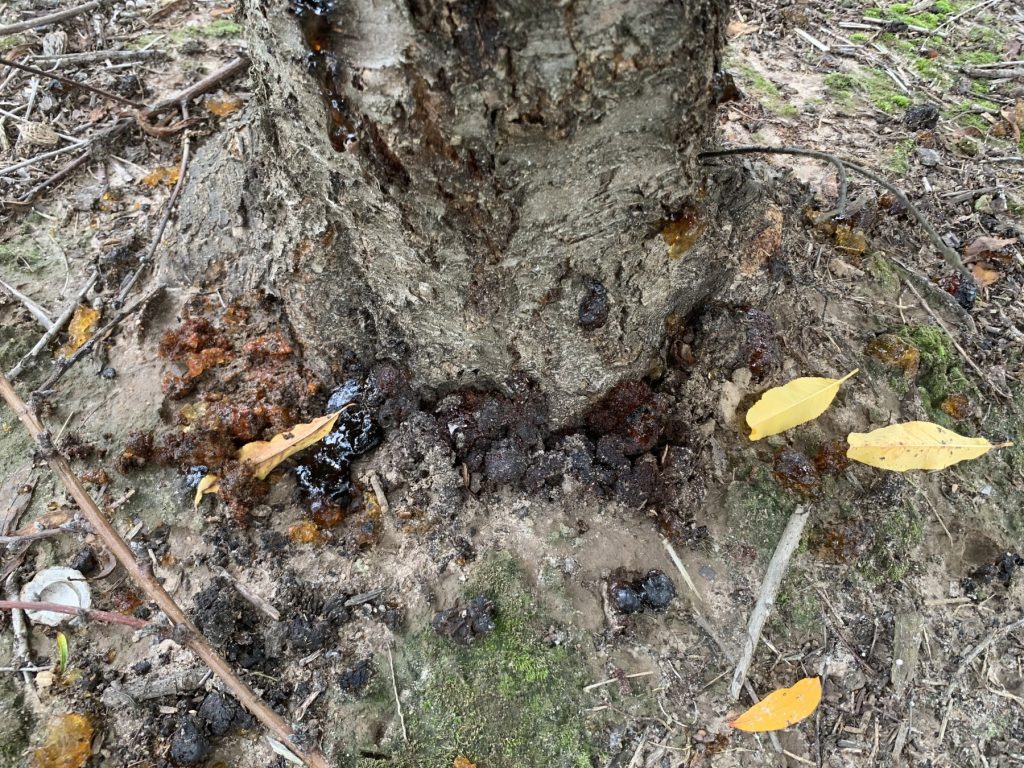
With all the issues that have occurred this season, I just want to remind everyone that peachtree and lesser peachtree borer management is still important for the continued health of your orchards.
While mating disruption for borers is still highly effective as a management strategy under certain situations, it is completely understandable if such an investment was not made during a season like this one. As such, if mating disruption was not deployed this season, continue with a handgun application of an insecticide to targeting the trunks/scaffold limbs. Current recommended chemicals include: Cormoran, Rimon, or Asana XL.
Please note that I unfortunately do not have residual data on any of these products for borer management, so I do not know how long the products will last in the field. However, each product, particularly Cormoran and Rimon have been effective at managing borers.
With that said, there is a potential silver lining for some of our peach blocks that were froze out. The EPA guidance document for the use of chlorpyrifos states, “Applications of chlorpyrifos to or around fruit/nut trees may be considered a non-food use provided applications are made to non-bearing trees (i.e., trees without fruit present at the time of application and that will not bear fruit within one year).” As confirmed by a colleague of mine at the USDA-Office of Pest Management Policy, chlorpyrifos can legally be used to manage borers this season in late variety orchards that are not being harvested (or were harvested early) as long as those orchards will not have fruit to harvest within 365 days. While that might not be a widespread use, it may be beneficial for the certain orchards that do fit those characteristics. One last note, if you apply chlorpyrifos to any non-bearing fruit trees, be sure to avoid spray drift onto any potential adjacent bearing orchards.
I hope you are all doing as well as you can. If you have any questions, please let me know.
Take care!